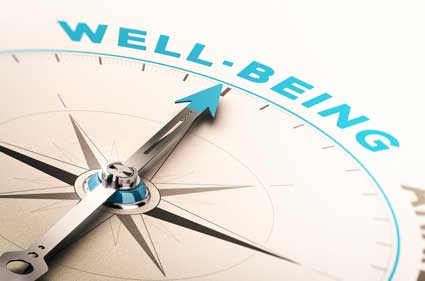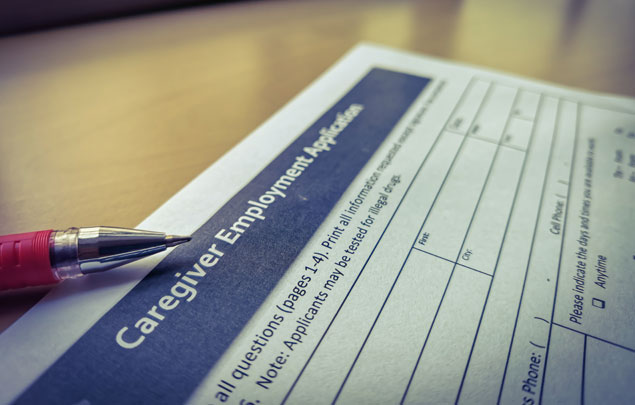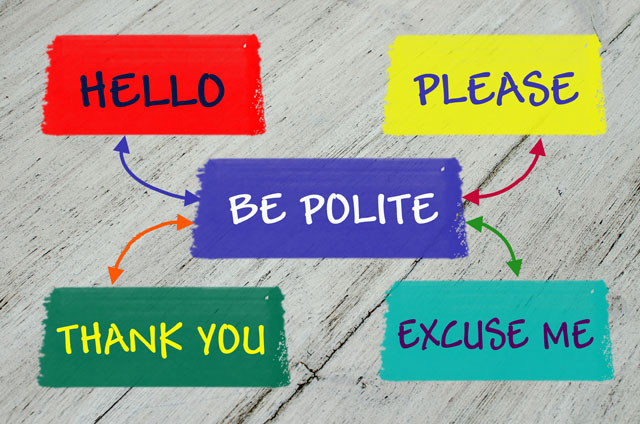Course Description
This course speaks to the "typical" teen but appreciates that no two teens are alike, no two parents are alike, and that's okay because parenting is a deeply individual experience. This course should help you better determine how your child feels and thinks while empowering you to keep your sanity through these very bumpy years. Through the use of examples and resources, you can distinguish between healthy development and causes for concern as well as how to navigate your way through tricky topics like sex, school, money, and more.
Perspective
Obviously, keeping the behavior of a teenager in perspective is certainly a challenge. Because teenagers are almost adults, their personalities are often willful while the consequences of their choices may be life altering or even deadly. Unfortunately, the world that we live in is not equipped to provide feelings of safety and security for either teenagers or their parents. Drug use, gang association, sexual intercourse, drinking, poor school performance, and so on can have dire consequences. Thus, parents often feel increased pressure to ensure that their child is safe and on the right path for a healthy and sustainable future.
Unfortunately, parents simply do not get to make these decisions anymore. Through the following lessons, you will learn about how to discuss these issues with your teens and utilize some of your resources to help guide them. But part of maintaining perspective is recognizing that your child will make mistakes. In fact, your child will make many, many, many mistakes. And while you may feel very passionately about your child not making the same mistakes that you made, it is nevertheless critical that these young adults learn how to make mistakes, repair the damage caused by mistakes, and develop a plan of how to prevent those mistakes in the future. As the adult, it is your responsibility to make the judgment calls as to what scenarios are too risky to leave up to your teen and what scenarios may be hurtful for your teen to go through but will ultimately teach important lessons.
- Completely Online
- Self-Paced
- Printable Lessons
- Full HD Video

- 6 Months to Complete
- 24/7 Availability
- Start Anytime
- PC & Mac Compatible
- Android & iOS Friendly
- Accredited CEUs

Learning Outcomes
- Describe child development, the teen years.
- Summarize teaching virtues and instilling values.
- Identify rules and consequences.
- Describe communication techniques when dealing with teenagers.
- Summarize how to convey and encourage academic success in teenagers.
- Recognize friendship, bullying, and socialization in teenagers.
- Describe ways of approaching and dealing with dating and sexuality in teenagers.
- Summarize work and money matters for teenagers.
- Describe some methods of addressing sexual assault with teenagers.
- Identify teenage issues with drinking, drugs, and gangs.
- Demonstrate mastery of lesson content at levels of 70% or higher.
Assessment Guide
| Assessment | Points |
|---|---|
| Lesson 1 Exam | 10 points |
| Lesson 2 Exam | 10 points |
| Lesson 3 Exam | 10 points |
| Lesson 4 Exam | 10 points |
| Lesson 5 Exam | 10 points |
| Lesson 6 Assignment | 2 points |
| Lesson 6 Exam | 10 points |
| Lesson 7 Exam | 10 points |
| Lesson 8 Assignment | 2 points |
| Lesson 8 Exam | 10 points |
| Lesson 9 Exam | 10 points |
| Lesson 10 Exam | 10 points |
| Lesson 11 Assignment | 2 points |
| Lesson 11 Exam | 10 points |
| Lesson 12 Exam | 10 points |
| The Final Exam | 35 points |






















